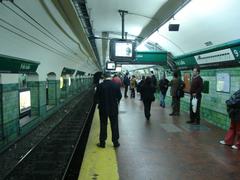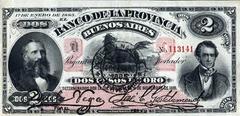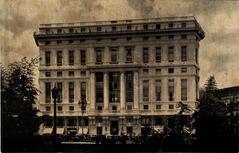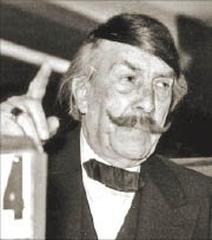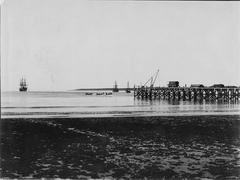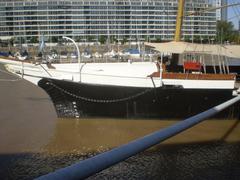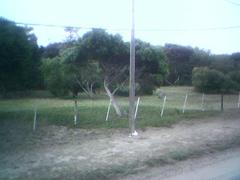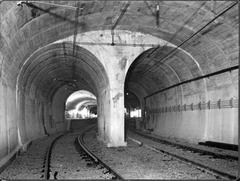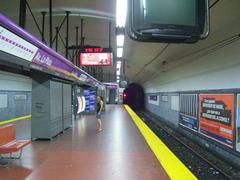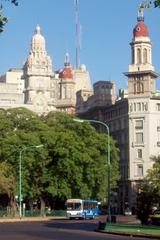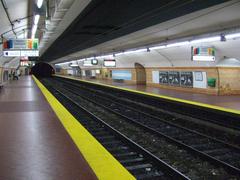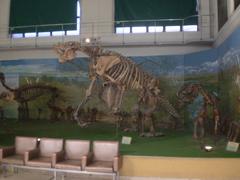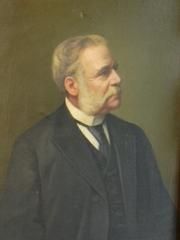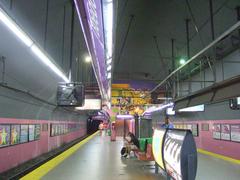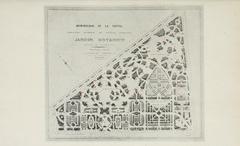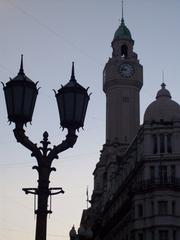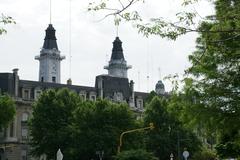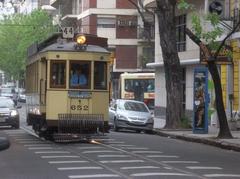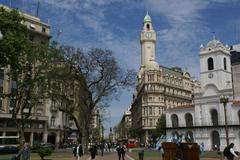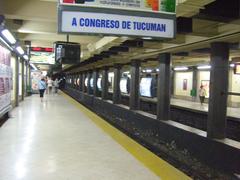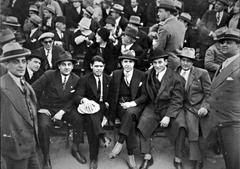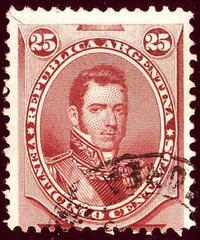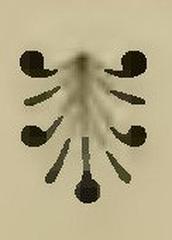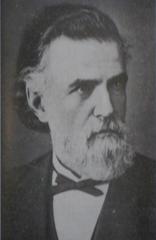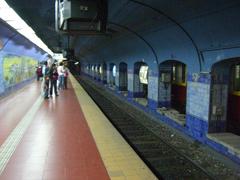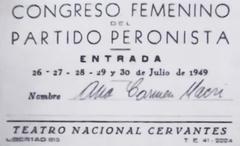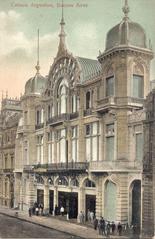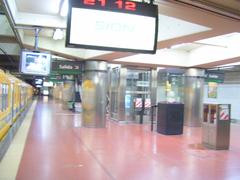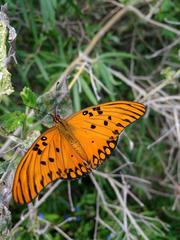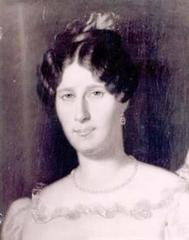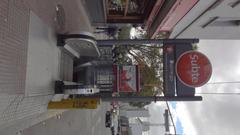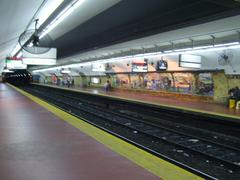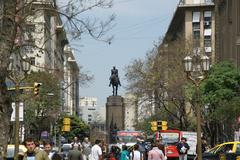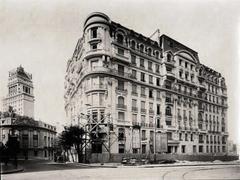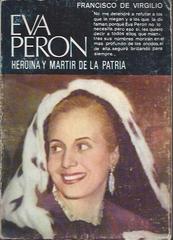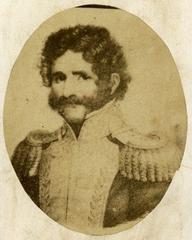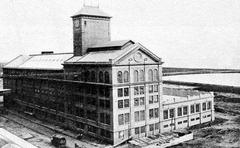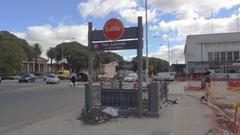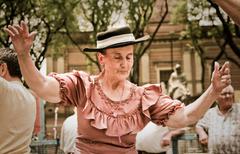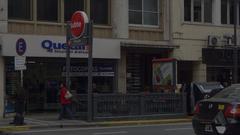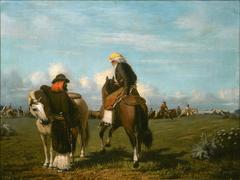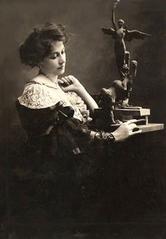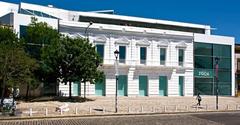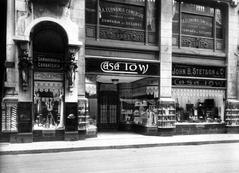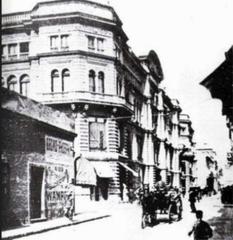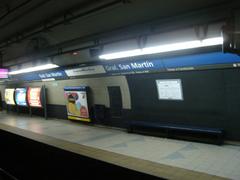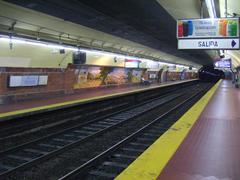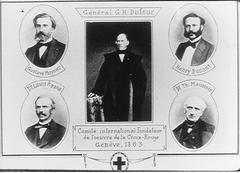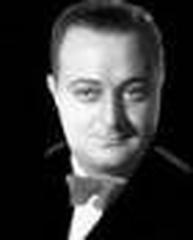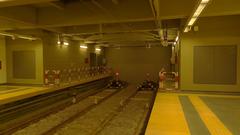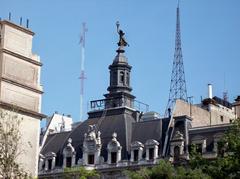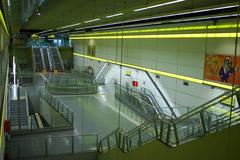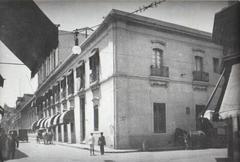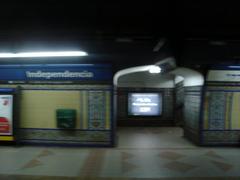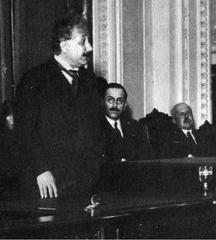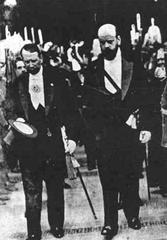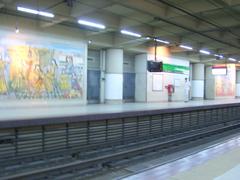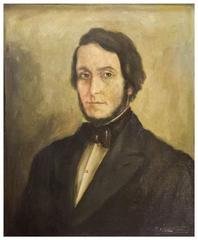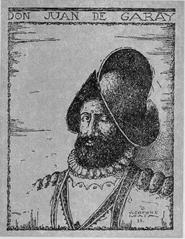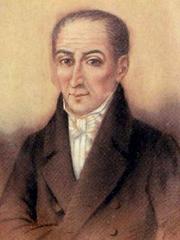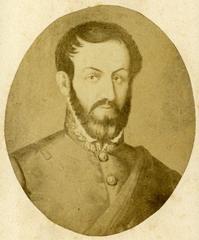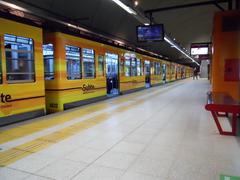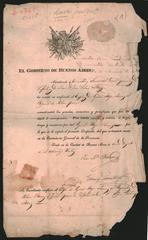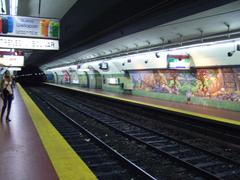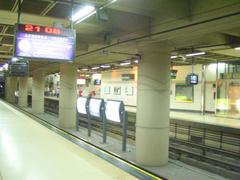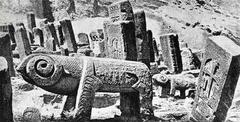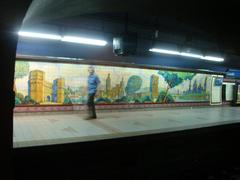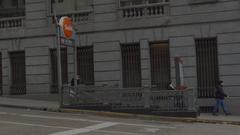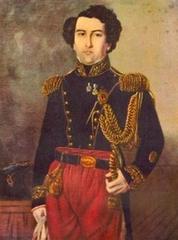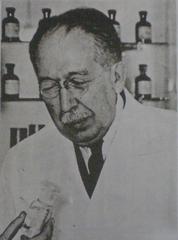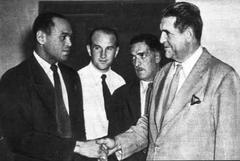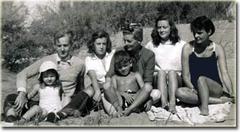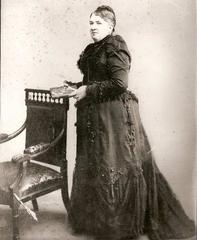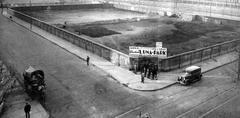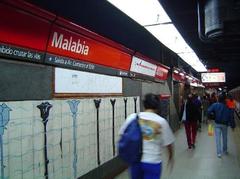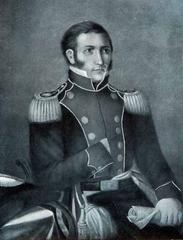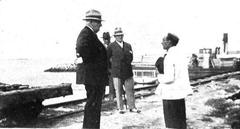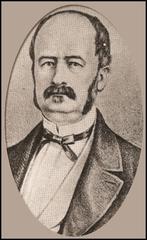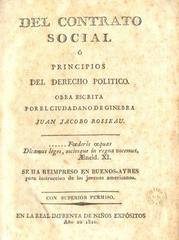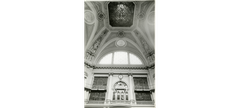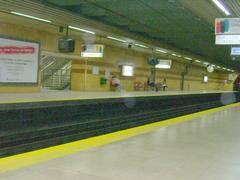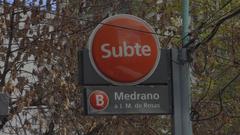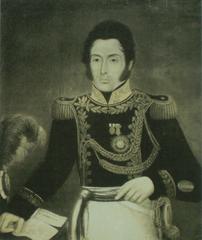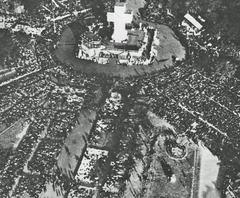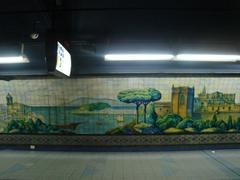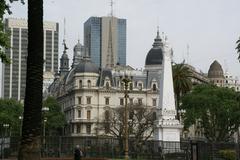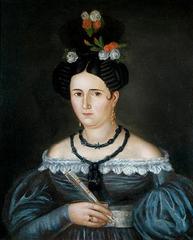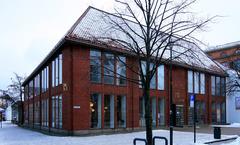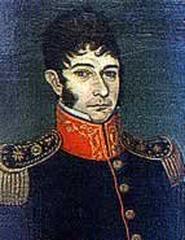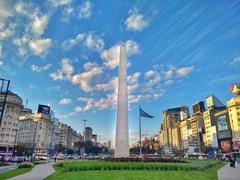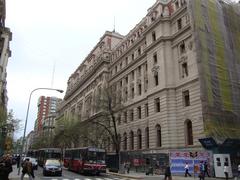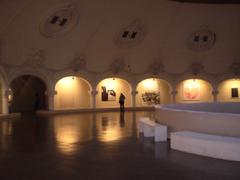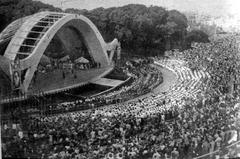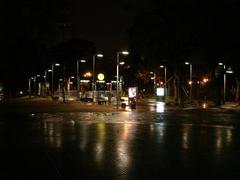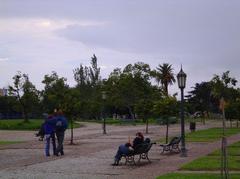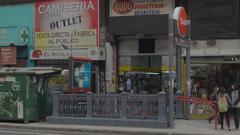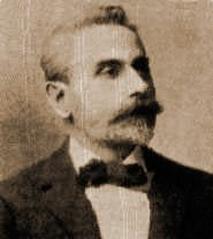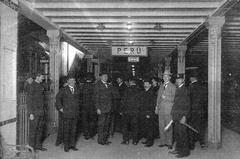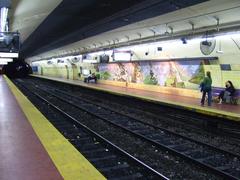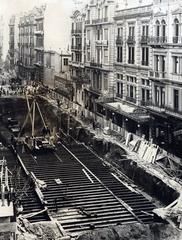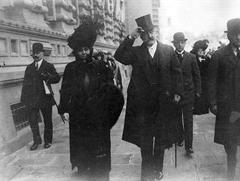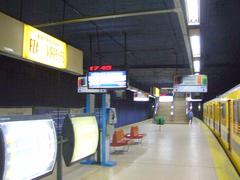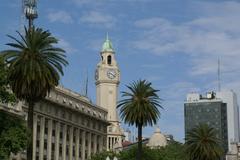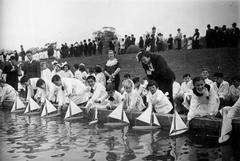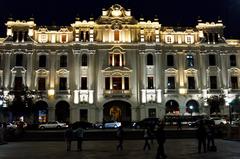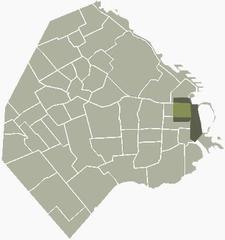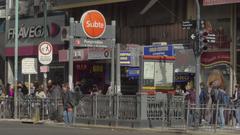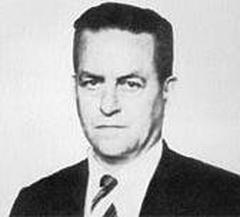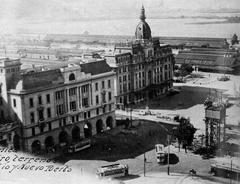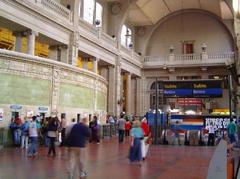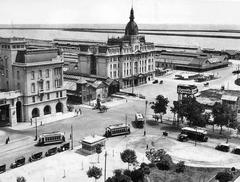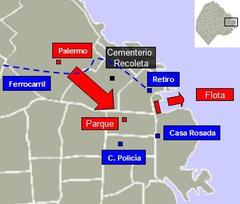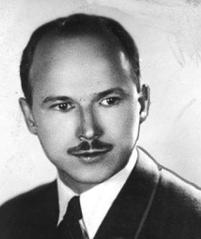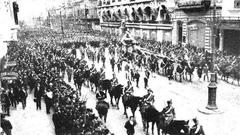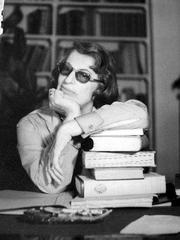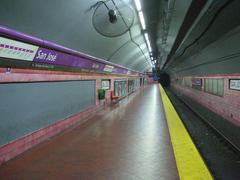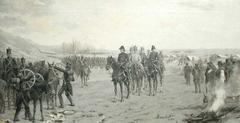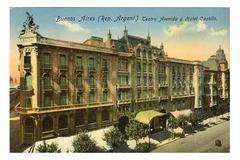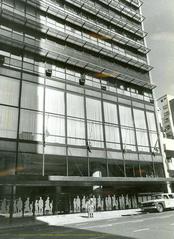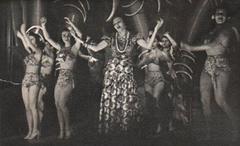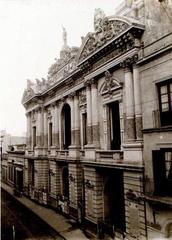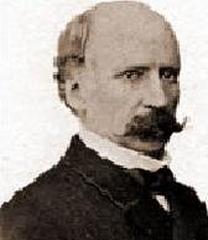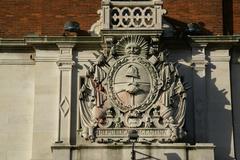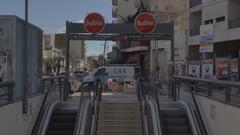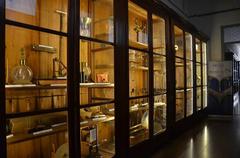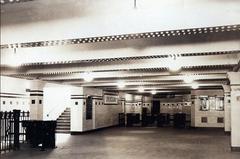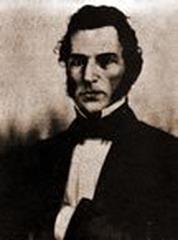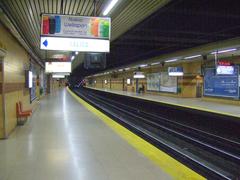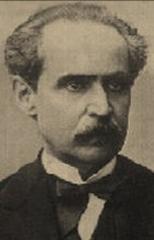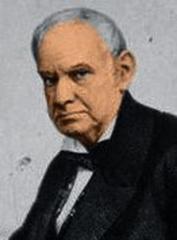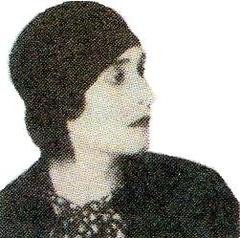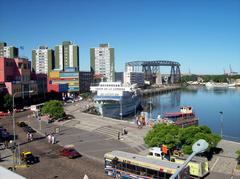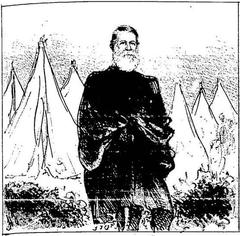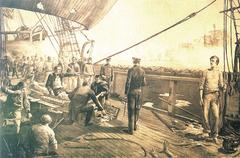Eusko Kultur Etxea: Visiting Hours, Tickets, and Your Guide to Basque Heritage in Buenos Aires
Date: 04/07/2025
Introduction: A Gateway to Basque Culture in Buenos Aires
Eusko Kultur Etxea – Casa de la Cultura Vasca is a prominent cultural center in the heart of Buenos Aires, dedicated to preserving and celebrating the Basque heritage that has profoundly influenced Argentina’s identity. With roots tracing back to significant Basque migration in the late 19th and early 20th centuries, the center stands as a vibrant hub for language, arts, cuisine, and community life. It not only honors tradition but also serves as a dynamic platform for intercultural dialogue and contemporary cultural expression, making it a must-visit for history enthusiasts, travelers, and locals alike.
Learn more about the Basque legacy at Eusko Kultur Etxea and related organizations through resources such as Centro Laurak Bat, Euskonews, and Euskal Kultura.
Table of Contents
- Introduction
- Basque Migration and Community in Argentina
- Formation and Role of Basque Institutions
- Cultural Preservation and Expression
- Political and Social Influence
- Practical Information: Visiting Eusko Kultur Etxea
- Activities and Programs
- Nearby Attractions
- Frequently Asked Questions (FAQ)
- Conclusion and Next Steps
Basque Migration and Community in Argentina
The Basque diaspora has left a lasting mark on Argentina, with migration waves intensifying after the abolition of Basque legal privileges (fueros) in 1876 and following periods of political turmoil in Europe. Drawn by Argentina’s open immigration policies and economic potential, Basques settled in large numbers, with estimates suggesting that up to 10% of the Argentine population is of Basque descent. This community integrated successfully, while maintaining distinctive cultural markers such as surnames, festivals, language, and cuisine (Wikipedia).
Genetic and historical studies highlight the Basque maternal legacy and the community’s enduring identity, reflected in the ongoing activities and organizational strength of Basque centers across the country (PMC).
Formation and Role of Basque Institutions
Key to the preservation of Basque culture in Argentina was the establishment of institutions such as Centro Laurak Bat (founded in 1877) and Eusko Kultur Etxea. These centers, known as Euskal Etxeak, became focal points for social, cultural, and educational activities. They offered language classes, organized festivals, and provided mutual aid to new immigrants, supporting the community through political upheavals and fostering solidarity (Centro Laurak Bat; Euskonews).
Cultural Preservation and Expression
Eusko Kultur Etxea places a strong emphasis on cultural preservation, offering:
- Basque Language (Euskera) Classes: For all ages and skill levels, supporting the intergenerational transmission of the language.
- Traditional Basque Dances and Music: Weekly workshops and performances, celebrating customs like the Aurresku dance.
- Basque Cuisine: An on-site restaurant renowned for authentic dishes, including bacalao and pintxos (EKE).
- Pelota Courts (Frontón): Facilities for the iconic Basque sport.
- Library and Archives: Rich collections of Basque literature and historical documents.
The center also curates art exhibitions, publishes periodicals, and offers digital resources to extend its reach to new generations (Euskonews).
Political and Social Influence
Basque cultural centers in Argentina have long served as platforms for political activism and cultural diplomacy. They played pivotal roles during the Spanish Civil War and Francoist repression, supporting exiles and advocating for Basque autonomy and rights. Regular visits from Basque Country officials and ongoing collaborations reinforce transatlantic ties and underscore the community’s influence on Argentine society (Wikipedia).
Practical Information: Visiting Eusko Kultur Etxea
Location and Hours
- Address: México 1880, Buenos Aires, Argentina
- Typical Visiting Hours: Monday to Friday, 10:00 AM–6:00 PM; Saturdays, 10:00 AM–2:00 PM. Hours may vary during holidays and special events. Always check the Eusketxe Blog or contact the center for the latest schedule.
Admission and Accessibility
- Admission: Most exhibitions and community events are free or donation-based. Workshops and classes may require registration and a nominal fee.
- Guided Tours: Available by appointment for individuals and groups.
- Accessibility: The center is wheelchair accessible, with ramps, elevators, accessible restrooms, and bilingual (Spanish/Euskera) signage.
Visitor Tips
- Public Transport: Easily accessible via multiple bus lines and the Buenos Aires subway, close to San Telmo and Monserrat neighborhoods.
- Dress Code: Casual attire is standard; traditional dress is encouraged during festivals.
- Photography: Permitted in most areas; ask staff for guidance during events.
Facilities and Amenities
- Multipurpose Halls: For concerts, lectures, and events.
- Library and Resource Center: For research and browsing Basque literature.
- Workshop and Classroom Spaces: For language and cultural classes.
- Restaurant: Serving classic Basque dishes.
- Free Wi-Fi: Available throughout the center.
Activities and Programs
Language and Education
- Euskera Classes: Offered at beginner and advanced levels.
- Children’s Workshops: Storytelling and folklore sessions.
- Cultural Lectures: Covering Basque history, art, and literature.
Cultural Events
- Festivals: Aberri Eguna (Basque Homeland Day), International Day of Euskera, San Ignacio, and San Fermín.
- Concerts and Performances: Choir, traditional music, and dance.
- Art Exhibitions: Rotating displays of Basque and Argentine artists.
Community Engagement
- Commemorative Events: Such as the Durango bombing memorial.
- Volunteer Opportunities: For event organization, teaching, and outreach.
- Genealogical Research: Resources for tracing Basque ancestry.
Nearby Attractions
Combine your visit with other Buenos Aires landmarks:
- Plaza de Mayo: Political and historical heart of the city.
- San Telmo Market: Famous for antiques and local cuisine.
- Teatro Colón: One of the world’s premier opera houses.
- Avenida de Mayo: Iconic boulevard with historic cafes and architecture.
Frequently Asked Questions (FAQ)
Q: What are Eusko Kultur Etxea’s visiting hours?
A: Usually Monday to Friday, 10:00 AM–6:00 PM; Saturdays 10:00 AM–2:00 PM. Check for updates during holidays and events.
Q: Is there an entrance fee?
A: Entry is free for most events. Workshops and classes may require a fee.
Q: How can I register for courses?
A: Register by emailing [email protected] or visiting the official blog.
Q: Is Eusketxe wheelchair accessible?
A: Yes, the center is fully accessible.
Q: Are guided tours available?
A: Yes, by appointment.
Contact and Further Information
- Address: México 1880, Buenos Aires, Argentina
- Email: [email protected]
- Phone: +54 11 4381-4611 / +54 11 4383-1529
- Official Blog: Eusketxe Blog
- Basque Centers Portal: EuskalEtxeak
- Facebook: Eusketxe Facebook
Conclusion and Next Steps
Eusko Kultur Etxea is a living testament to the resilience and vibrancy of Basque culture in Buenos Aires. With its comprehensive programming—from language classes to festivals and community outreach—it provides a multifaceted experience for those seeking to engage with Argentina’s multicultural heritage. Its accessibility, central location, and welcoming atmosphere make it an essential destination for anyone interested in the Basque diaspora or Buenos Aires’ rich cultural tapestry.
Enhance your visit by downloading the Audiala app for guided tours, real-time event updates, and curated insights on Buenos Aires’ historical sites. Stay connected via Eusko Kultur Etxea’s official channels and social media for the latest on events and workshops.
Plan your visit today and become part of a thriving community that bridges continents and generations, celebrating the enduring spirit of the Basque people in Argentina.
Sources
- Basque Argentines – Wikipedia
- Centro Laurak Bat History
- Eusko Kultur Etxea Cultural Guide – Euskonews
- Basque Culture and Diaspora in Argentina – Euskal Kultura
- Eusko Kultur Etxea Visitor Information – EuskalEtxeak
